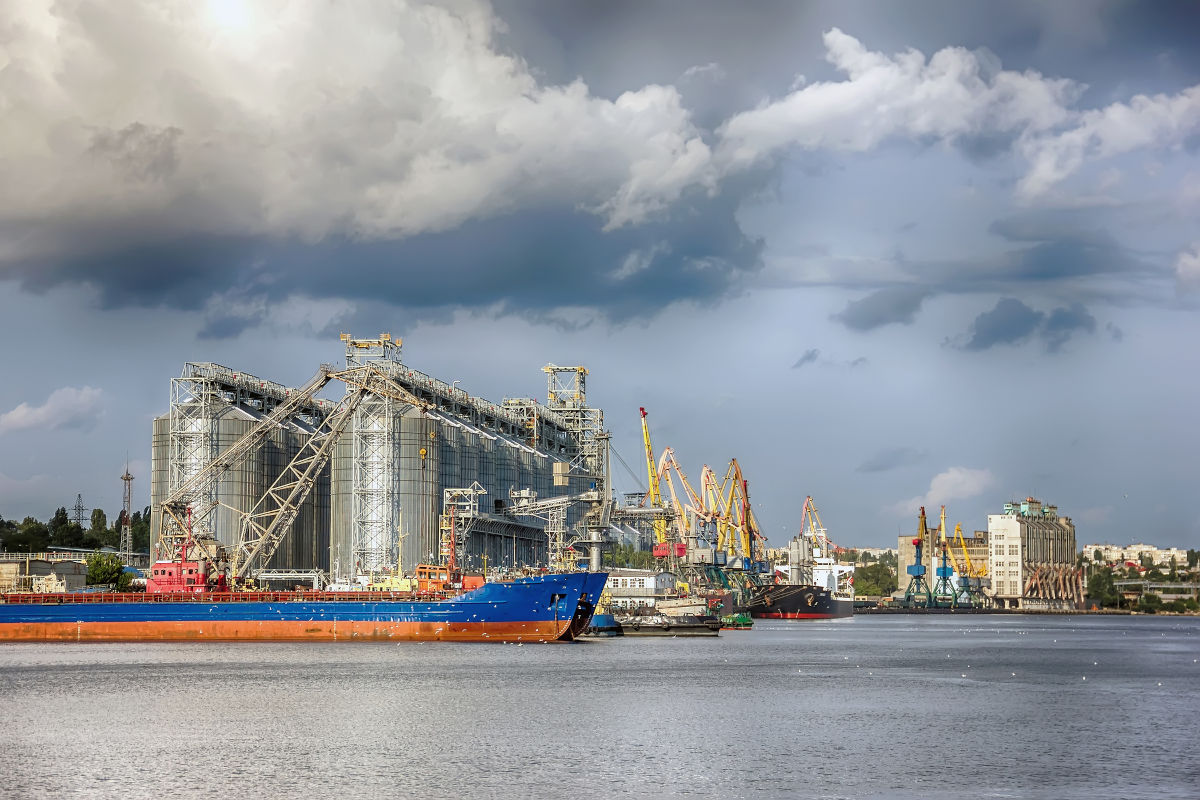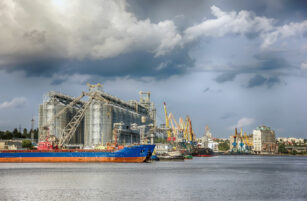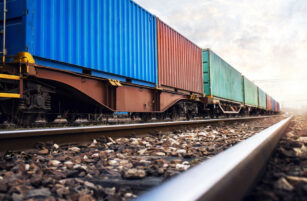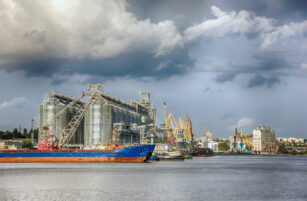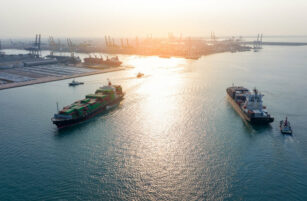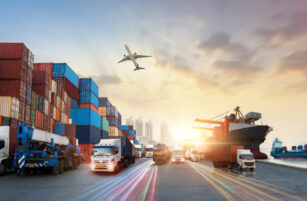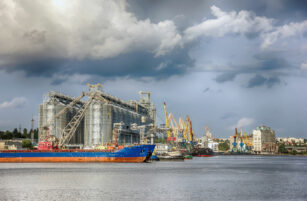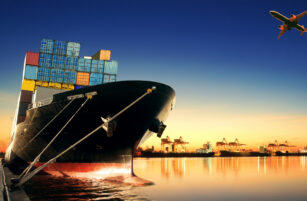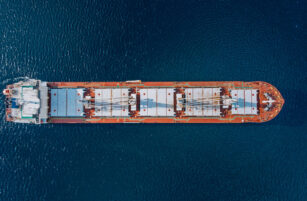Insight Focus
AI-based digital systems are modernizing traditional operations in shipping. But the most significant transformations are still on the horizon. We look at how which areas will experience the most substantial changes.
1. Transition to Smart Ports
Ports worldwide are trying to evolve into “Smart Ports,” automating and optimizing their operations with advanced technologies.
Machine learning, for example, enables algorithms to learn from port authority data, predicting operation durations based on ship types and required services. These predictions help deploy resources efficiently, solving complex logistical challenges while considering possible additional constraints.
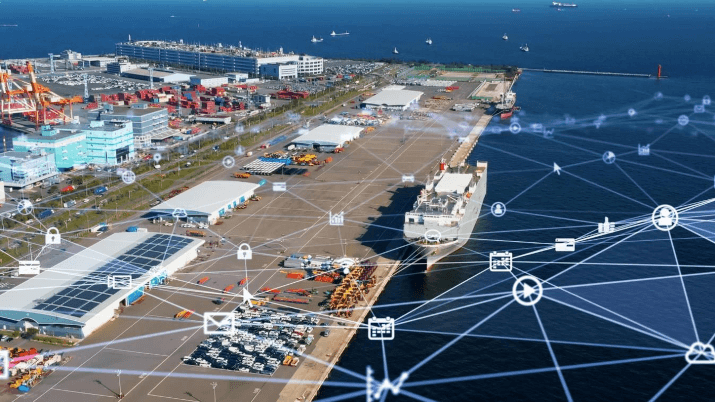
Source: iStock
AI’s role in smart port technology also includes optimizing berth management. Assigning the right vessel to the correct berth at the right time involves navigating various constraints, such as crane availability,
port/yard congestion levels, ship size and type, and offshore power needs. As ships increasingly use diverse fuels and clean technologies, precise berth allocation will become even more crucial.
Congestion in port terminals and yards is another critical issue. AI-powered algorithms can analyse and forecast congestion levels, allowing port authorities to take pre-emptive actions to avoid bottlenecks. This proactive approach helps mitigate congestion, further optimize port operations and minimize environmental impact.
2. Onboard Vessels
AI technology enhances onboard ship operations in several ways. AI sensors can monitor equipment performance, alerting crew members to potential maintenance issues when unusual changes in heat production, energy use or fuel consumption are detected. This continuous monitoring ensures timely maintenance, preventing equipment failures and improving overall efficiency.
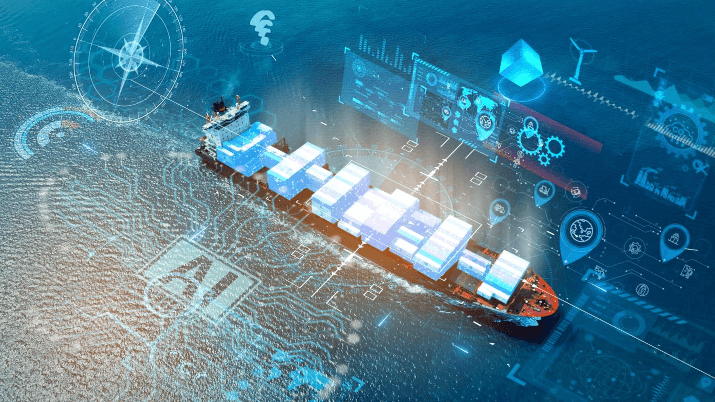
Source: iStock
Furthermore, AI can navigate vessels autonomously by analysing shipping patterns and routes, paving the way for autonomous ships or vessels with reduced crew sizes. By optimizing routes, AI helps crews reach their destinations faster and more efficiently.
AI also aids in planning and operations, using data on local weather, fuel consumption, and traffic patterns to determine the safest and fastest routes.
3. Cargo Monitoring
AI technology-equipped shipping containers, featuring sensors, communication devices and computing capabilities, can autonomously monitor and control various aspects of the shipping process, enhancing efficiency and security.
Real-time tracking and monitoring, optimized routing and navigation, predictive maintenance and enhanced security measures are key benefits that AI technology offers cargo owners and shipping companies.
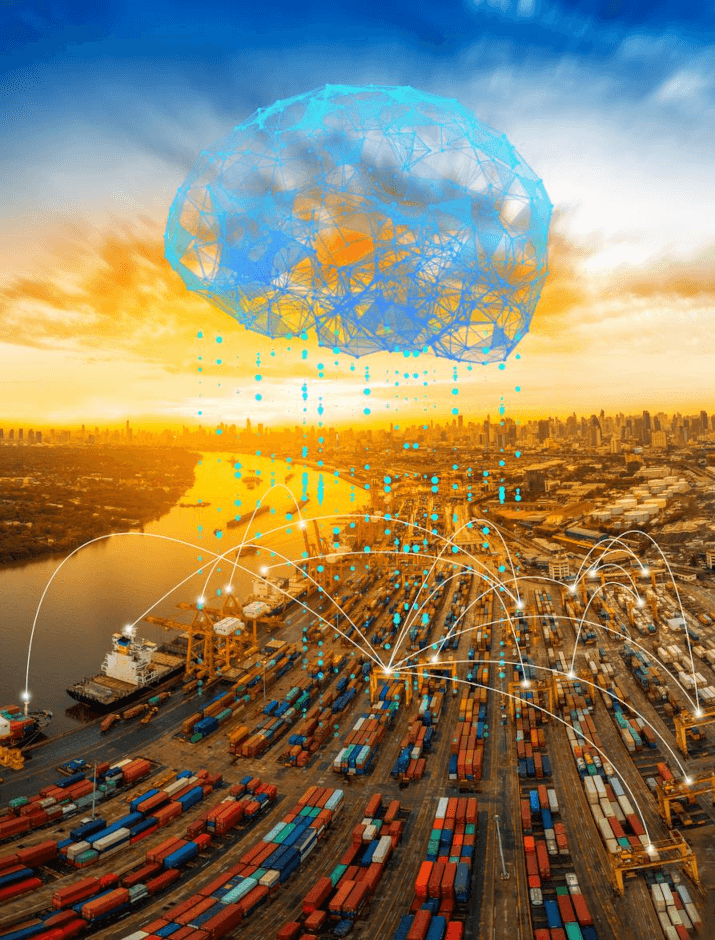
Source: iStock
These advantages lead to increased efficiency and cost savings for shipping companies and shippers alike. Additionally, AI-based containers support sustainability efforts by optimizing routes and reducing fuel consumption.
4. Warehouses and Distribution Centres
AI technology significantly enhances operations in warehouses and distribution centres through robot-assisted picking and packing. Equipped with AI, robots can locate, pick and package goods efficiently. These robots operate 24/7, reducing human error and boosting productivity. Additionally, AI algorithms revolutionize inventory management by analysing data to predict inventory needs, track stock levels in real-time, and suggest optimal reordering schedules.
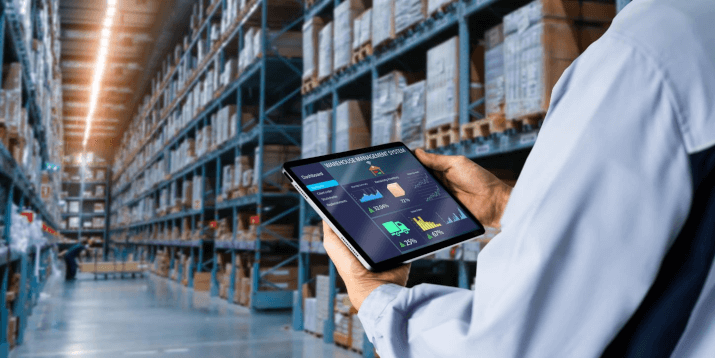
Source: iStock
Amazon exemplifies top-tier warehouse automation. The e-commerce giant employs over 200,000 mobile robots alongside human employees to optimize picking, packing and shipping processes. These robots minimize walking time for warehouse workers, markedly increasing efficiency and throughput.
Ocado, a British online supermarket, offers another example of automated warehousing. In its facility, swarms of robots navigate a 3D grid to pick and pack grocery orders. This system, managed by a sophisticated algorithm, ensures maximum efficiency and speed, processing orders in mere minutes.
Concluding Thoughts
- AI is poised to bring significant advancements to the shipping industry, from smart port operations and onboard vessel management to cargo monitoring and warehouse operations.
- As AI technology continues to evolve, its influence on the efficiency, safety, and environmental sustainability of shipping will become increasingly evident.
- However, stakeholders must remain vigilant about the challenges that this AI transformation will bring.
